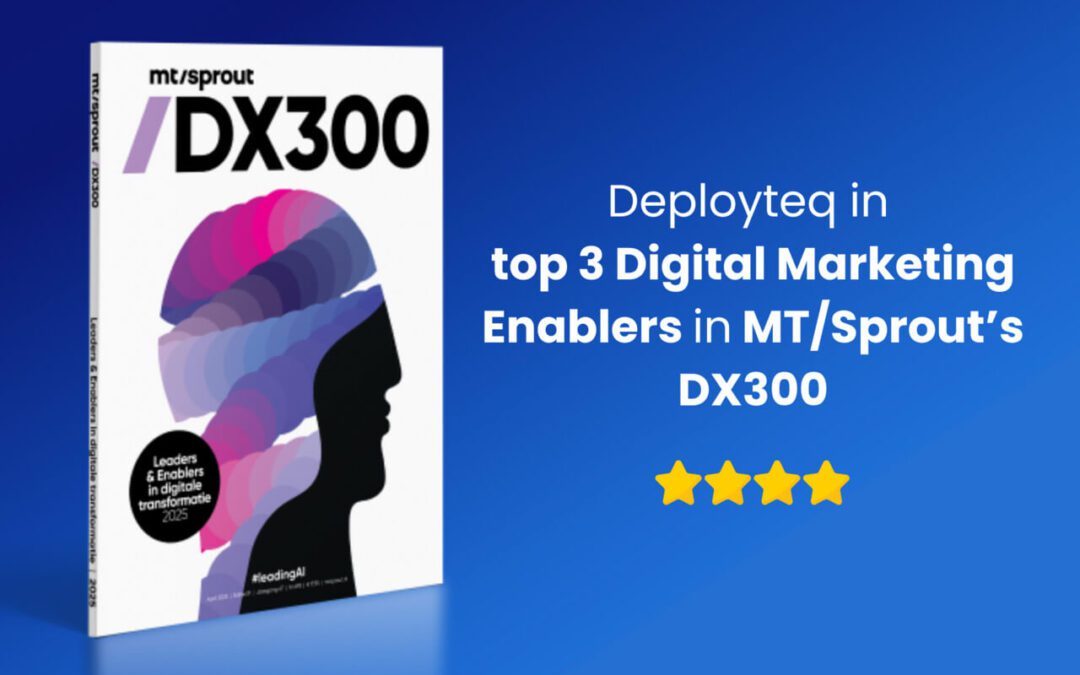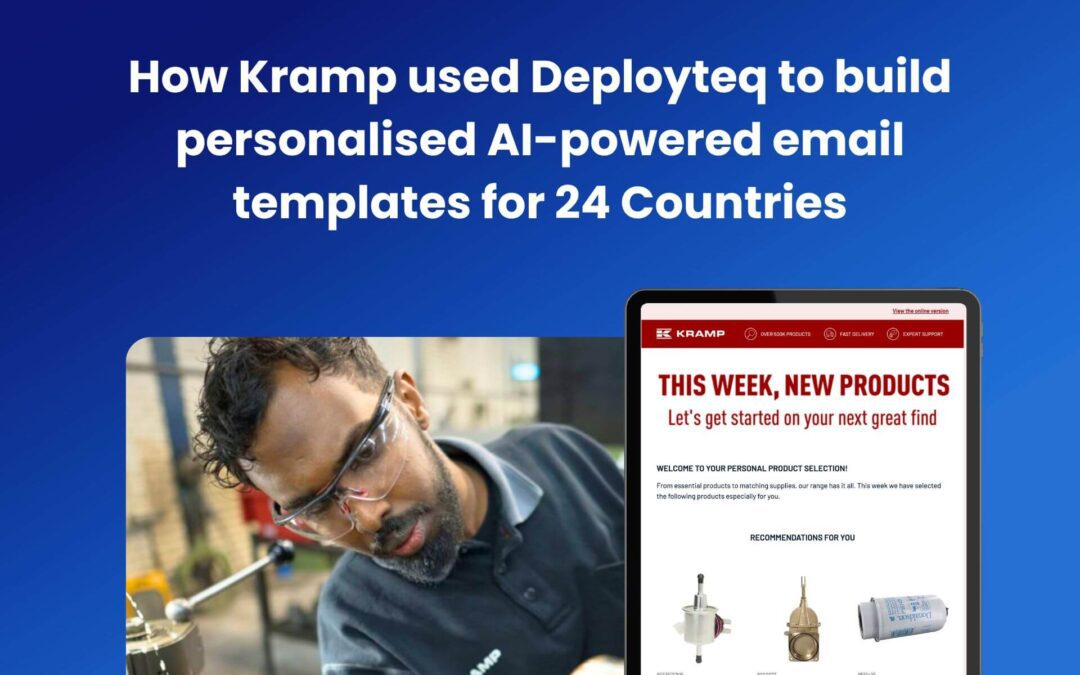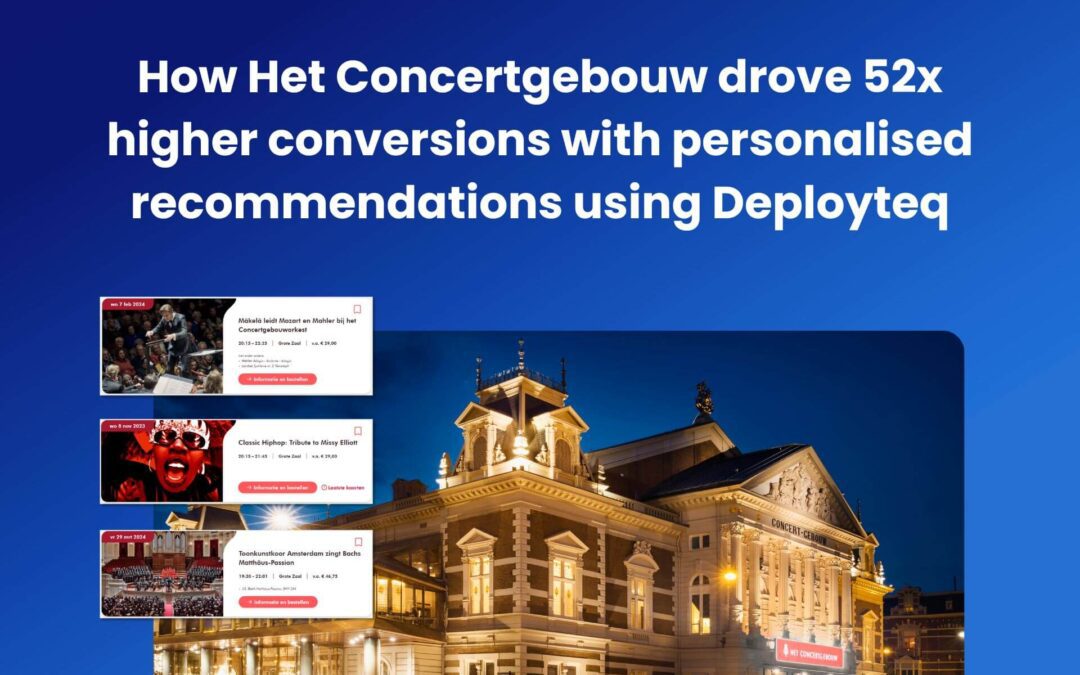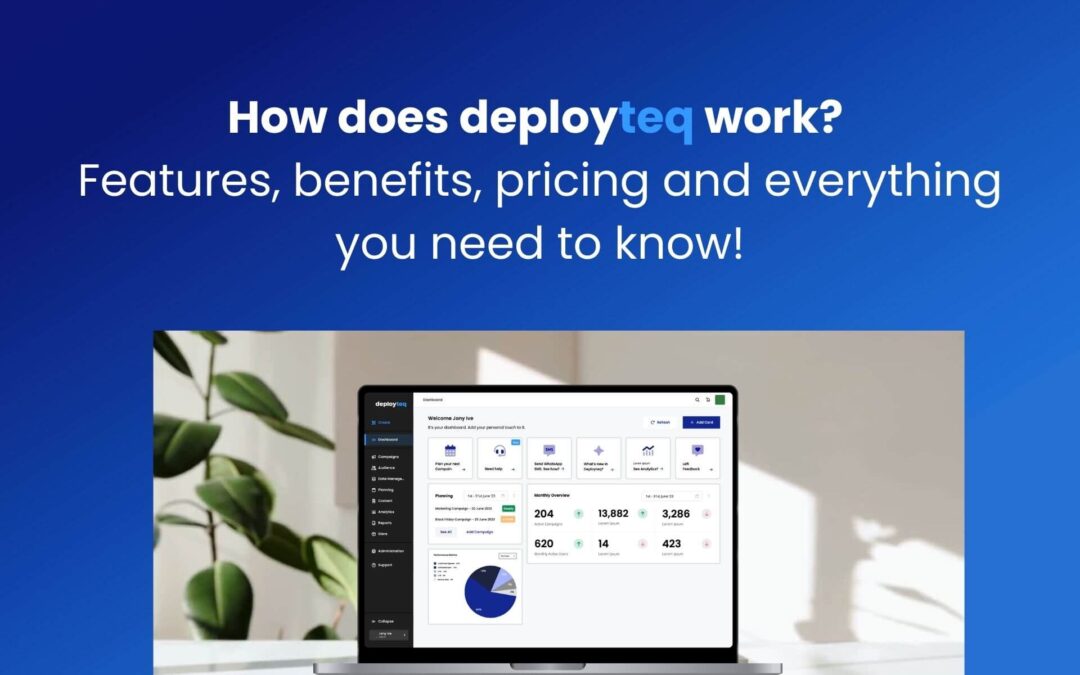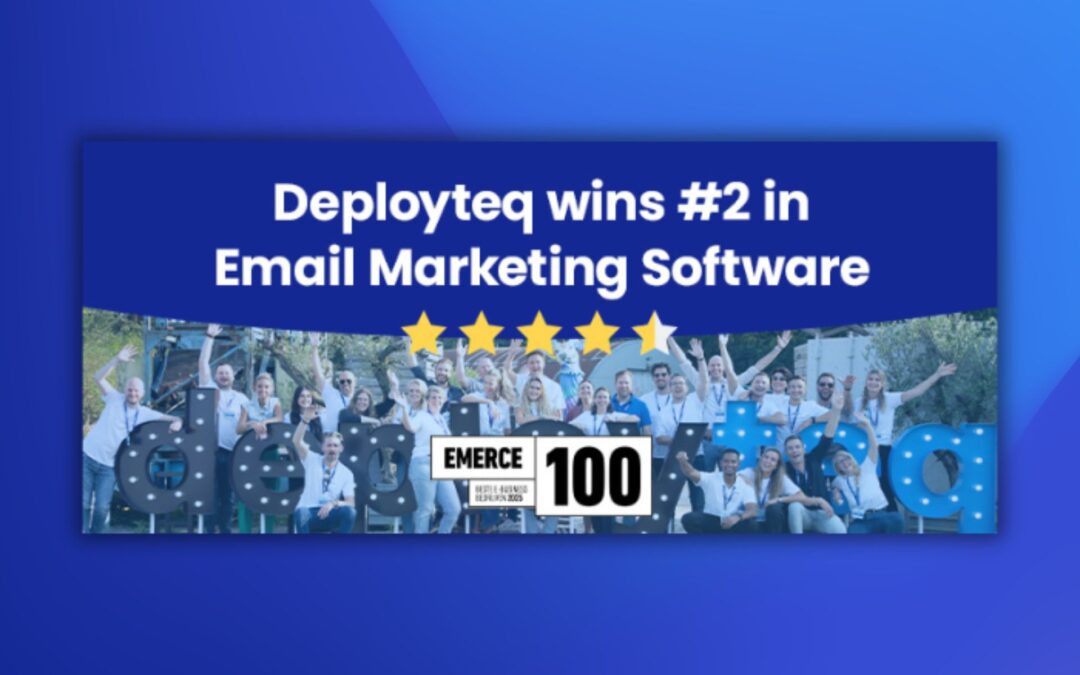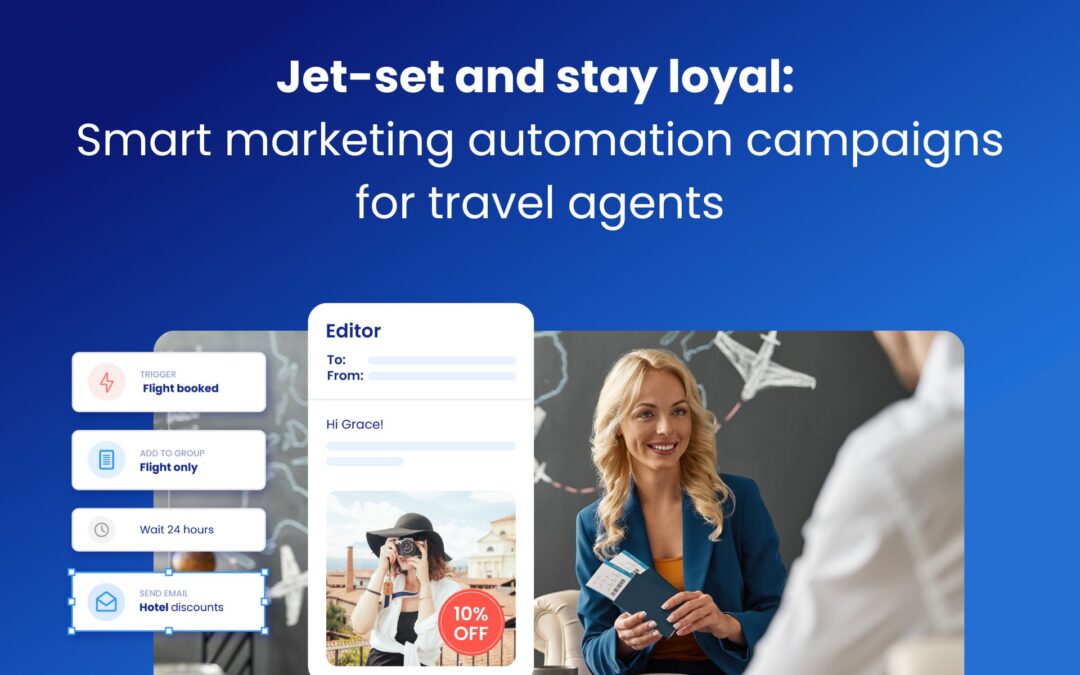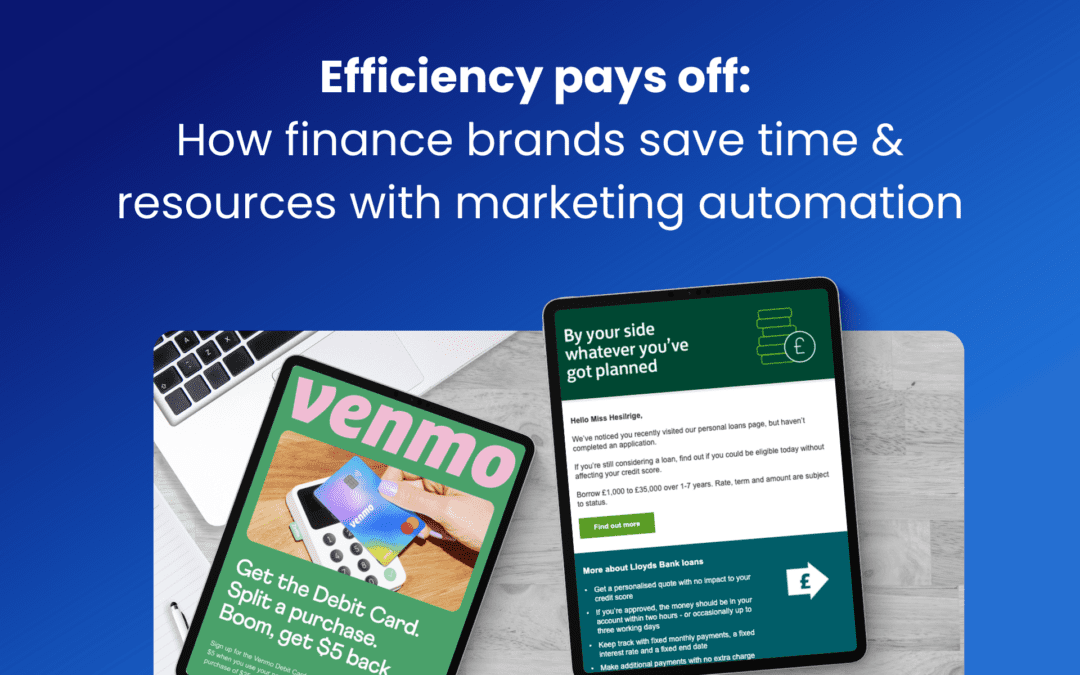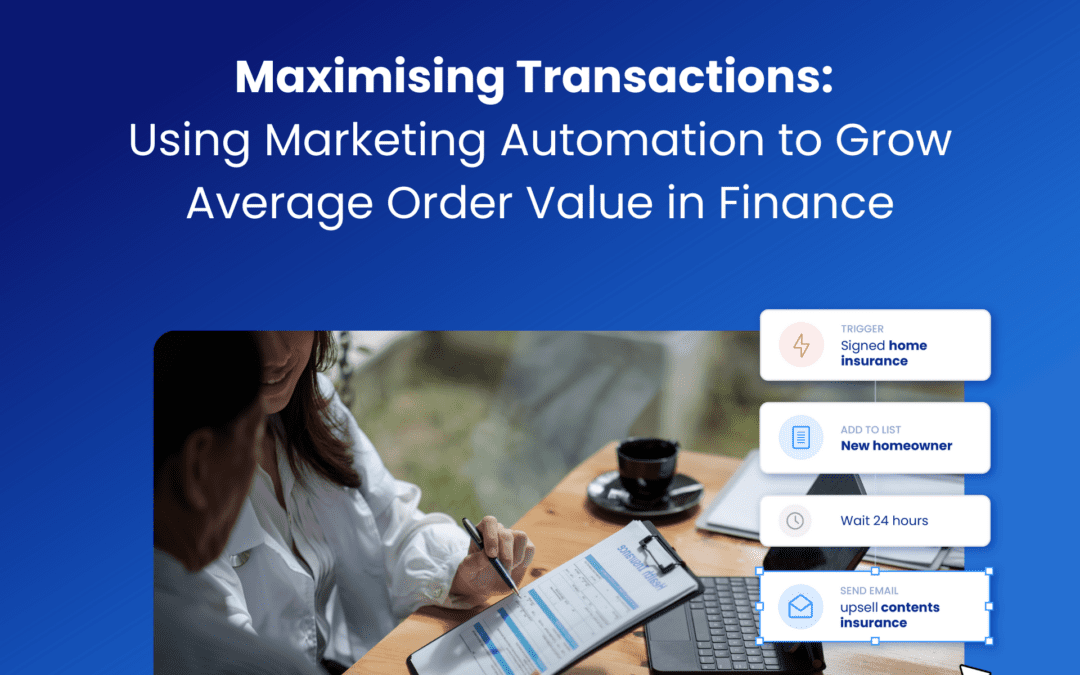Ever wondered why some travel emails make you want to pack your bags immediately?
In a world where travelers are on the hunt for mind-blowing, personalised experiences, something magical can be found at the crossroads of email marketing and psychology.
What can you do to harness this for your brand? Let’s explore the psychology of email marketing.
Understanding the psychology of email marketing
When it comes to receiving and interacting with marketing emails, email marketing psychology involves understanding how people think and behave. Psychological principles are used to engage subscribers, build trust, and motivate desired behaviours, such as making a purchase or sharing content.
By applying the principles of email marketing psychology, you can create more effective and engaging email campaigns that resonate with your audience and drive the desired actions. Remember that successful email marketing is a combination of art and science, and it’s important to continually adapt and improve your strategies based on feedback and evolving consumer behavior.
The Psychological Principles that Impact Email Marketing – Cialdini’s 6 Powers of Persuasion
Have you heard of Cialdini’s 6 Powers of Persuasion?
Don’t worry if you haven’t – we’re here to help you understand what they are and how you can apply them to your campaigns.
Cialdini’s 6 Powers of Persuasion are as follows:
- Reciprocity
- Scarcity
- Authority
- Commitment and Consistency
- Liking
- Consensus (Social Proof)
Reciprocity
Cialdini’s reciprocity principle can be likened to a grown-up version of “sharing is caring”, and it works wonders in email marketing. It’s all about the give-and-take. When you offer your subscribers something valuable, they’re naturally inclined to return the favor. In the realm of email marketing, this principle becomes a powerful tool for cultivating trust, sparking engagement, and nudging your audience in the right direction.
Examples of Cialdini’s principle of reciprocity in email marketing include:
- Freebies and offers
- Personalised recommendations
- Exclusive content
- Surprise gifts
- Educational content
- Feedback and surveys
- Thank you messages
- Social sharing incentives
- Relationship building
It’s important to note that reciprocity should be used authentically and ethically in email marketing. Be genuine, steer clear of any hint of trickery, and let your subscribers know you’ve got their backs. When they see that your emails truly add value to their lives, they’ll happily give back by engaging with your brand, becoming loyal customers, and maybe even singing your praises for all to hear.
Scarcity
Cialdini’s principle of scarcity is all about making things look like they’re hot property. When folks think something’s in short supply, their FOMO (Fear of Missing Out) kicks in, and they’re all ears. In email marketing, creating a sense of scarcity can be an effective way to motivate subscribers to open your emails, click on your links, and make a purchase.
Here’s how you can apply the principle of scarcity in email marketing:
- Limited-time offers
- Limited quantities
- Exclusive access
- Event invitations
- Pre-sale opportunities
- Waitlists
- Countdown timers
- Seasonal and holiday promotions
- Flash sales
- Reminders
In the world of email marketing, playing fair is the golden rule, especially when we’re talking about the principle of scarcity. Making empty promises, stretching the truth, misleading or false claims… all can leave a dent in your brand’s stellar reputation. Always deliver on the scarcity you promote and be transparent with your subscribers about the limited availability or time frame. When you use scarcity like a pro, it adds a touch of urgency that gets subscribers buzzing, clicking, and making speedy decisions, ultimately benefiting both your brand and your audience.
Authority
According to Cialdini, people tend to trust and follow the lead of those who really know their stuff – the experts and gurus of the world.
In email marketing, when you show that your brand is the real deal can help build trust, establish your brand’s expertise, and influence subscribers to take desired actions.
Ways in which Cialdini’s principle of authority can be used in email marketing include:
- Expert content
- Guest experts
- Certifications and awards
- Case studies and testimonials
- Educational webinars and workshops
- Thought leadership
- Expert interviews
- Authoritative design and branding
- Consistency and quality
- Content sharing
- Trust seals and logos
- In-email signatures
By consistently delivering valuable, reliable, and expert content, you’re mastering the art of authority. Doing so can help to build trust, engage subscribers, and influence them to take desired actions, such as making a purchase or following your recommendations.
Commitment and consistency
The principle of commitment and consistency suggests that once people make a commitment, they are more likely to stay consistent with it. This is because people like to be consistent with their image – or that they aspire to. So if you can persuade them to act in a way that makes them think as though this is what this ‘type’ of person would do, then you really should!
In the context of email marketing, leveraging this principle can help build loyalty, encourage repeat engagement, and influence subscribers to take desired actions.
Here’s how you can apply the principle of commitment and consistency in email marketing:
- Subscription confirmation
- Welcome sequences
- Preference centers
- Content consistency
- Engagement pledges
- Progress tracking
- User-generated content
- Surveys and feedback
- Consistency in communication
- Exclusive commitments
- Reinforce past commitments
- Small commitment, big ask
The key to effectively applying the principle of commitment and consistency in email marketing is to ensure that subscribers’ initial commitments are genuine and align with their interests. Encourage them to take small, meaningful actions and provide consistent value to maintain their commitment over time. This can lead to greater engagement, brand loyalty, and an increased likelihood of subscribers taking desired actions in the future.
Liking
The principle of liking suggests that people are more likely to be influenced by and agree with those they like and find attractive, both in terms of physical appearance and personality. In the context of email marketing, leveraging the principle of liking can help build trust, create a positive brand image, and encourage subscribers to take desired actions. Here’s how you can apply the principle of liking in email marketing:
- Personalisation
- Engaging visuals
- Relatable content
- User-generated content
- Humor and personality
- Storytelling
- Authenticity
- Customer-centric approach
- Social proof
- Surprise and delight
- Engage in conversations
- Community building
- Reciprocity
The key to applying the principle of liking effectively in email marketing is to genuinely connect with your subscribers, be customer-centric, and consistently provide value. By building positive relationships, creating a likeable brand image, and delivering content that resonates with your audience, you can foster trust and enhance the likelihood of subscribers taking desired actions, such as making a purchase or sharing your emails with others.
Consensus (social proof)
Social proof is a powerful concept and suggests that people tend to follow the actions and choices of others, especially when they are uncertain about their decisions. In the realm of email marketing, this principle is your trusty sidekick. Showing off those rating stars, likes, and thumbs-ups will help to make your subscribers feel confident in their choices. The result? Trust levels and credibility increase, and your subscribers are more than happy to take the desired actions.
Here’s how you can apply the principle of social proof in email marketing:
- Customer reviews and testimonials
- Ratings and awards
- Subscriber count
- Case studies
- Influencer endorsements
- Social sharing metrics
- Popularity and trends
- User-generated content
- Peer recommendations
- Limited stock alerts
- Follower and subscriber count
- Community engagement
The key to effectively applying the principle of social proof in email marketing is genuine proof of how great your brand is. We know that can be difficult sometimes, but when your subscribers see that others are singing your praises, it’s like rolling out the red carpet for trust. By highlighting the authentic, positive experiences of others and showcasing your brand’s popularity and trustworthiness, you can build trust with subscribers and influence them to take desired actions, such as making a purchase or engaging with your content.
Segmentation and personalisation’s use in email campaigns
Segmentation and personalisation are two key strategies for creating effective email campaigns. They allow you to tailor your messages to specific groups of recipients, making your emails more relevant, engaging, and ultimately more successful.
Cialdini’s principles and segmentation/personalisation in email marketing go hand in hand. Segmentation and personalisation are the tools that allow marketers to apply Cialdini’s principles effectively.
When these principles, like reciprocity or social proof, are used in personalised emails, they become more compelling and convincing because they directly align with the recipient’s preferences and past interactions. This combination of psychology and tailored messaging creates a powerful synergy, enhancing engagement, trust, and the likelihood of desired actions in email marketing campaigns.
Segmentation
Segmentation is the process of dividing your email list into smaller, more targeted groups based on specific criteria or characteristics. These criteria can include demographics, behaviour, preferences, purchase history, and more. The goal of segmentation is to deliver more relevant content to different segments of your audience.
Benefits of segmentation in email marketing include:
- Relevancy
- Higher open and click through rates
- Better engagement
- Reduced unsubscribes
- Improved conversion rates
- A/B testing opportunities
Personalisation
Personalisation takes segmentation a step further by tailoring the content of each email to individual recipients. It goes beyond just addressing the recipient by their first name. Personalised emails have been shown to lead to higher conversion rates because they cater directly to the recipient’s needs and preferences.
Examples of personalisation in email marketing include:
- Customised content
- Behavioural triggers
- Abandoned cart emails
- Dynamic subject lines
- Loyalty programs
- Lead nurturing
Deployteq’s marketing automation allows you to send hyper-personalised, targeted campaigns to segmented lists of your audience, across multiple channels – including through email marketing. This can help you to scale up your comms, improve your audience engagement and loyalty, and increase ROI.
When you combine psychology, segmentation, and personalisation, you create an email marketing powerhouse. This combination doesn’t just get you more opens and clicks; it turns subscribers into your biggest fans. It’s like having your brand’s own cheer squad, and that’s what we call success in the digital space.



